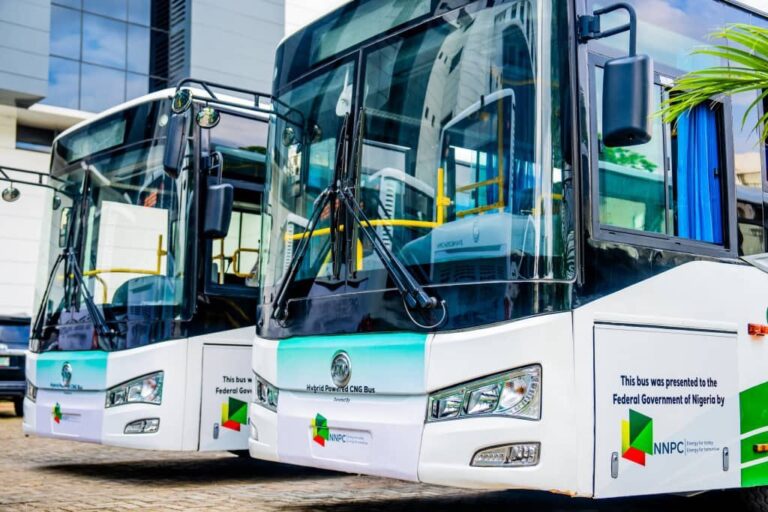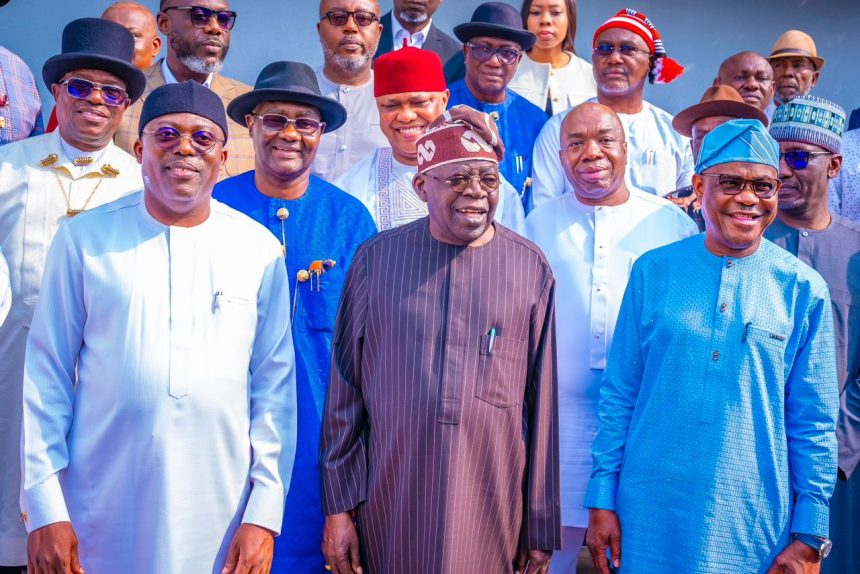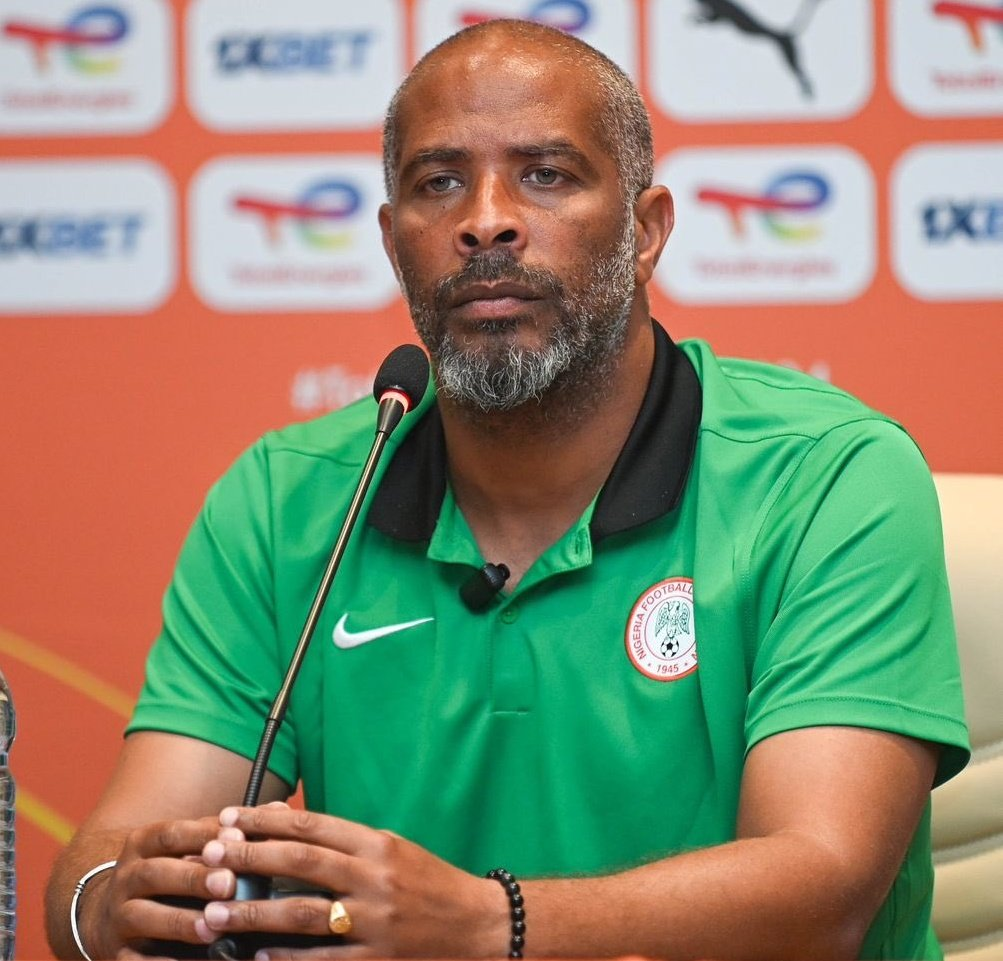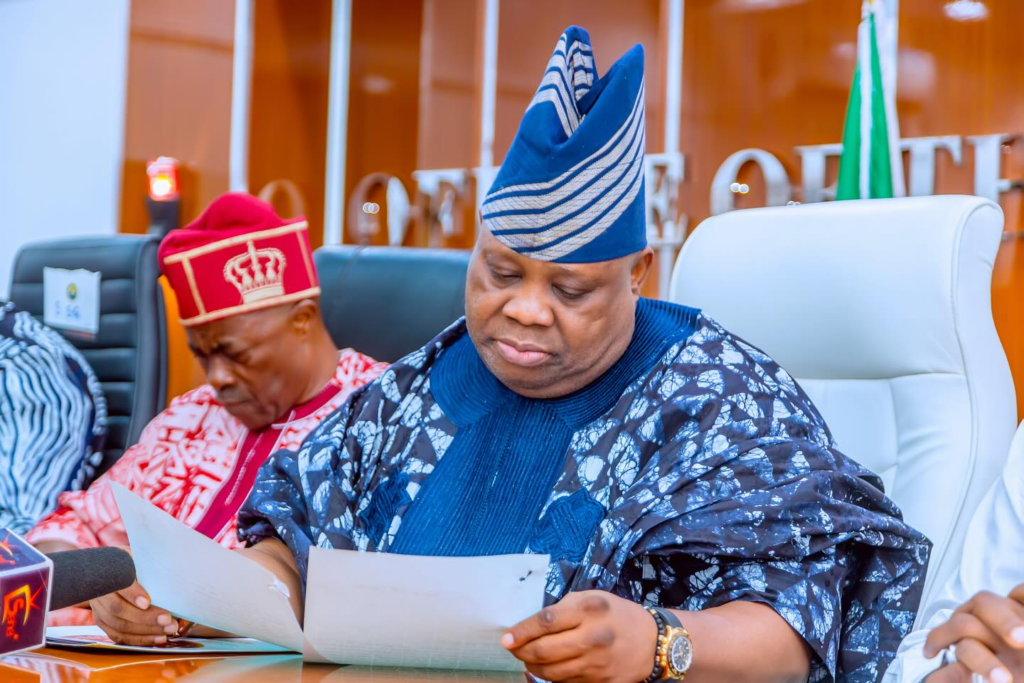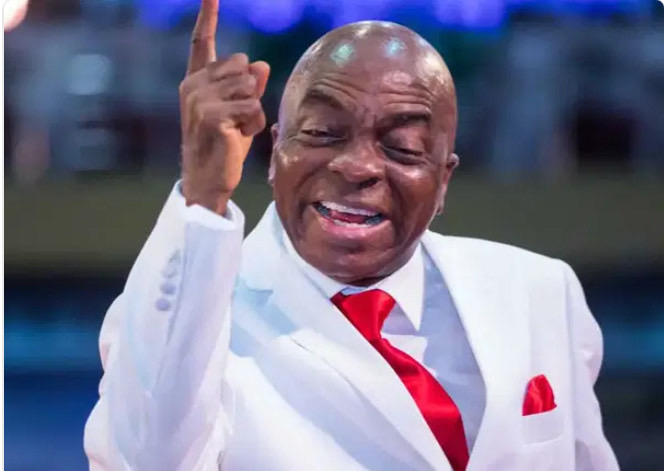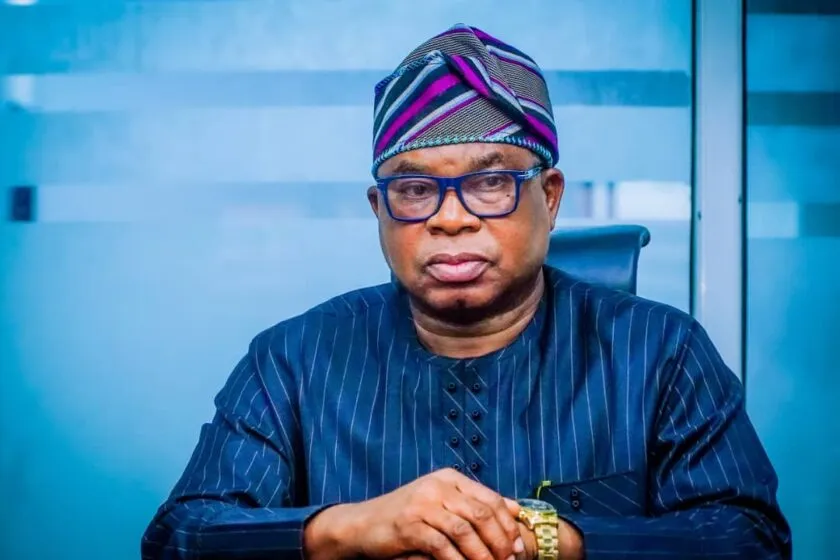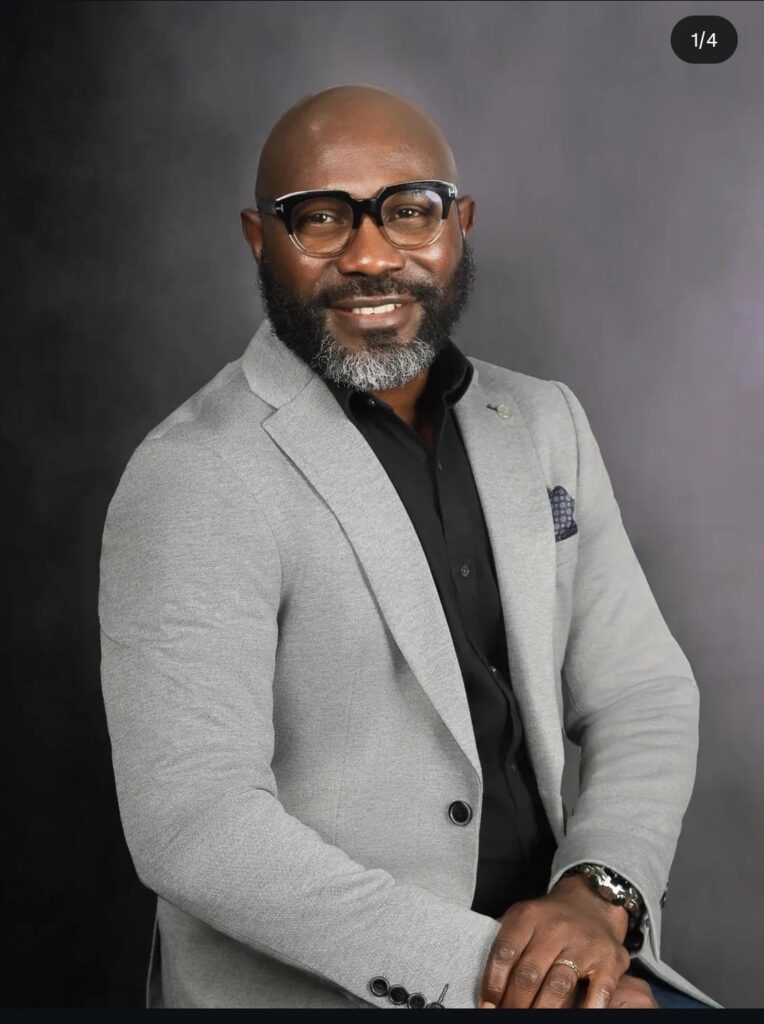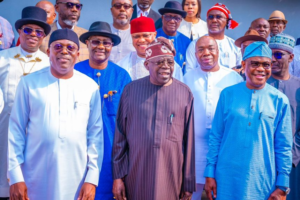The Nigerian National Petroleum Corporation (NNPC) Foundation has contributed 10 Compressed Natural Gas (CNG) buses to the Depot and Petroleum Products Marketers Association of Nigeria (DAPPMAN) initiative, aimed at transforming the nation’s transportation sector.
This donation was made in alignment with the NNPC Foundation’s commitment to energy and environmental sustainability.
Speaking with State House correspondents after the commissioning of the CNG buses by President Bola Tinubu, Emmanuella Arukwe, Managing Director of the NNPC Foundation, expressed enthusiasm about the project, noting its alignment with the foundation’s focus on clean energy. “We committed 10 CNG buses to DAPPMAN, which we delivered today. We are excited to be part of this initiative, which aligns with our focus on energy and the environment,” Arukwe said.
Arukwe highlighted the economic benefits of CNG buses, emphasizing that they are more cost-effective to fuel than traditional vehicles, which could lead to reduced transportation fares. “Filling those ten buses will cost less money. We know that CNG is much cheaper and cleaner, so the price of transportation will decrease, which is beneficial to the public and the economy,” she added.
President Bola Tinubu, during the commissioning of 30 hybrid-powered CNG buses at the State House in Abuja, underscored the importance of transitioning to CNG-powered transportation as a vital economic strategy for Nigeria. He pointed out that commercial vehicles account for approximately 80% of the country’s petrol demand, a significant expense for the nation. Tinubu drew comparisons with countries like India, where CNG has been mandated for commercial vehicles since 2004, and assured that Nigeria would follow suit to improve conditions and boost prosperity.
“The solution is here. We have it, and we will work on it. We promise that things will improve, and prosperity will be achieved,” Tinubu said. He emphasized that leveraging Nigeria’s abundant gas reserves could enhance the nation’s energy competitiveness and bring about transformative changes.
The President also praised the role of Innoson Motors, the Nigerian company that designed and manufactured the hybrid CNG buses. These buses, each with the capacity to transport up to 100 people, also have the flexibility to run on diesel, ensuring operational continuity in case of CNG shortages.
Winifred Akpani, DAPPMAN chairman, expressed satisfaction with the fulfillment of the pledge made last year to provide at least 50 CNG buses. “Today, we brought 30 buses—DAPPMAN brought 20, and another marketer contributed 10. This is just the beginning. We hope this will spur others to do more,” Akpani said.
The initiative marks a significant step toward reducing transportation costs and enhancing economic mobility across Nigeria, with the potential for widespread adoption of CNG buses throughout the country.

